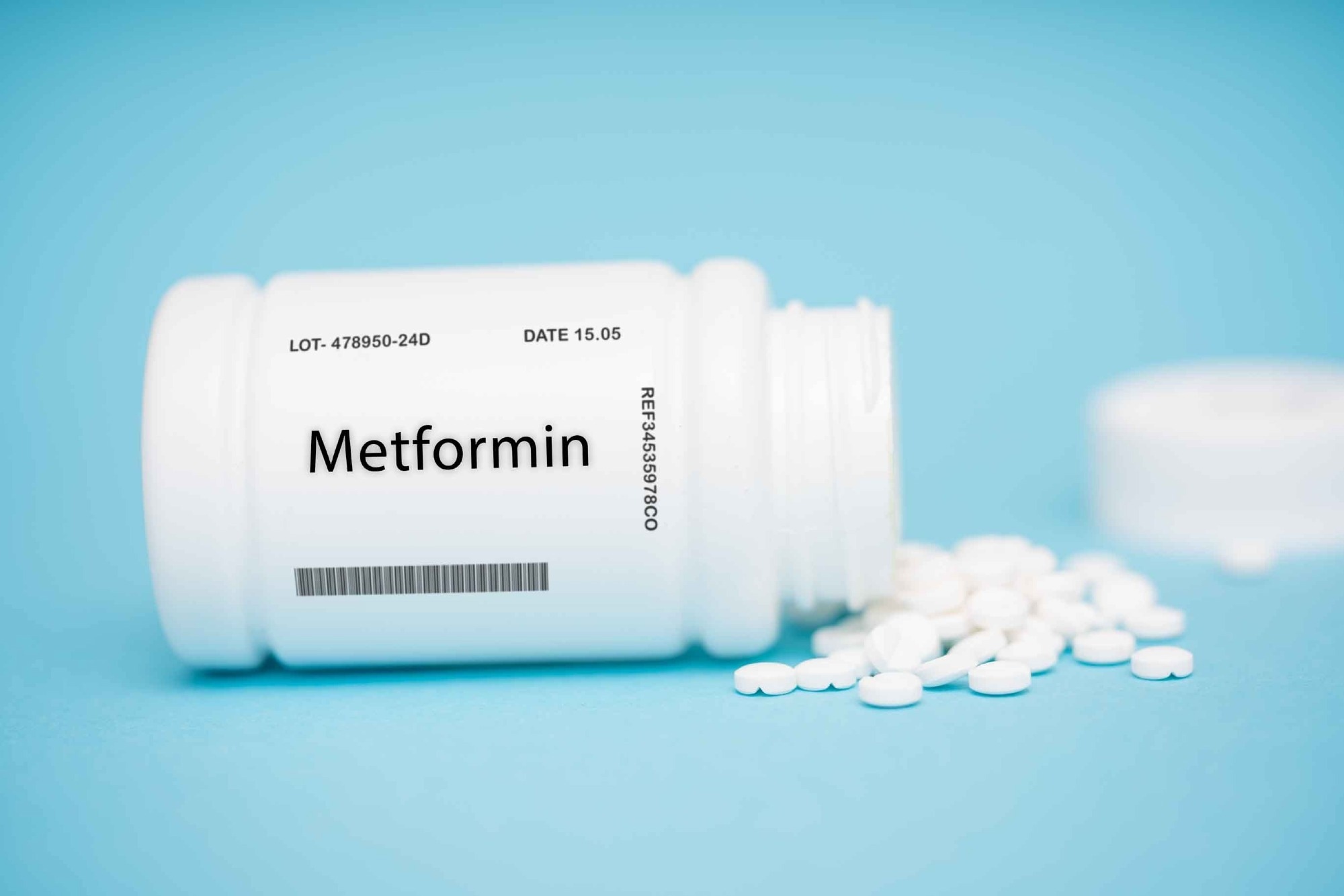Emerging research suggests that starting metformin soon after a COVID-19 infection could lower the likelihood of developing long COVID, offering a potential preventive approach for at-risk individuals. This discovery may open new avenues for early intervention, aiming to reduce prolonged symptoms that affect millions worldwide.
Long COVID, characterized by lingering fatigue, brain fog, shortness of breath, and other persistent symptoms, has become a major public health concern. While vaccines and antiviral treatments have helped reduce severe illness and hospitalization, they do not always prevent post-viral complications. Metformin, a well-known medication commonly prescribed for type 2 diabetes, has recently gained attention for its anti-inflammatory and antiviral properties, prompting researchers to explore its potential in mitigating long COVID.
How metformin may help prevent long COVID
Metformin is traditionally used to regulate blood sugar levels, improve insulin sensitivity, and support metabolic health. However, recent studies indicate that it also has broader effects, including reducing systemic inflammation and modulating immune responses. Since chronic inflammation and immune dysregulation are believed to play a role in long COVID, metformin’s mechanisms make it a promising candidate for early intervention.
In studies, individuals who started metformin therapy within three months post-COVID-19 diagnosis showed fewer lasting symptoms compared to those who were not treated with the drug. Scientists believe that metformin might hinder virus replication, decrease inflammation signals, and enhance cell strength, thereby lowering the likelihood of enduring issues. The time of starting the treatment seems crucial, with prompt commencement providing the most significant advantage.
Although metformin is typically regarded as safe, it is crucial to have medical oversight, especially for people with kidney or liver issues, or for those who are on other medications that might interact with it. Healthcare professionals can assess patient history, risk factors, and present health condition to decide if using metformin at an early stage is suitable.
Impacto en la salud pública y estrategias de tratamiento
If further research confirms these findings, metformin could become part of a broader strategy to prevent long COVID, alongside vaccination, antivirals, and supportive care. Public health authorities may consider recommending early pharmacological intervention for high-risk populations, including older adults, immunocompromised individuals, and those with preexisting metabolic conditions.
Lowering the frequency of persistent COVID-19 consequences holds significant impact. People who suffer from extended symptoms frequently encounter a reduced quality of life, obstacles in resuming employment, and difficulties in executing daily tasks. Addressing these issues with prompt action might decrease the pressure on medical services and enhance both efficiency and quality of life for the broader community.
Furthermore, the study highlights the critical role of timing in treatments following infections. Medications that adjust immune response or reduce inflammation appear to be more beneficial when given promptly, prior to the onset of lasting complications. This knowledge might guide the creation of new therapies for post-viral issues and other persistent conditions caused by infections.
Wider advantages and future research paths
Más allá de la prevención prolongada de COVID, los beneficios antiinflamatorios y metabólicos de la metformina podrían ofrecer ventajas adicionales para los pacientes en recuperación de COVID-19. Las investigaciones indican que podría favorecer la salud cardiovascular, mejorar el metabolismo energético y reducir el estrés oxidativo, aspectos todos relevantes para quienes se recuperan de infecciones virales. Estos posibles beneficios secundarios resaltan el papel de la metformina como un agente terapéutico polivalente.
Researchers are now exploring optimal dosing regimens, treatment duration, and patient selection criteria to maximize the protective effects of metformin against long COVID. Ongoing studies aim to determine whether combining metformin with other interventions—such as antivirals, immune modulators, or lifestyle strategies—can enhance outcomes. Understanding the underlying biological mechanisms will also be crucial, as it could lead to the identification of biomarkers that predict which patients are most likely to benefit from early treatment.
Participation and awareness among the public will be crucial for implementing these discoveries effectively. Patients need to be educated about metformin’s potential in preventing long COVID, while also being aware that it does not substitute vaccines or other proven preventive strategies. Healthcare professionals will be essential in guiding its safe and effective use, keeping an eye on any side effects, and incorporating metformin into holistic post-COVID care plans.
Obstacles and factors to consider
A pesar de los resultados alentadores, persisten varios desafíos. El Long COVID es un trastorno complejo que afecta múltiples sistemas, y no todos los pacientes reaccionan de la misma manera a las intervenciones. Factores genéticos, condiciones de salud preexistentes, y la gravedad de la infección inicial pueden influir en los resultados, lo que exige enfoques de tratamiento personalizados. Además, la seguridad y eficacia a largo plazo del uso temprano de metformin en poblaciones no diabéticas requieren una evaluación cuidadosa para asegurar un equilibrio entre riesgos y beneficios.
Equity is another important consideration. Access to medications, healthcare guidance, and early intervention strategies must be inclusive to reach populations disproportionately affected by COVID-19 and long-term complications. Public health strategies should address these disparities, ensuring that preventive measures like metformin reach those who could benefit the most.
Constant cooperation among scientists, healthcare professionals, and decision-makers is crucial for crafting evidence-based guidelines for employing metformin in the prevention of long COVID. This teamwork can also guide upcoming research on other conditions following viral infections, establishing a foundation for proactive treatment approaches that reduce ongoing complications after illnesses.
Possibilities of metformin for a beneficial routine
The potential of metformin to reduce long COVID risk represents a significant development in pandemic-related healthcare. Early intervention with a well-established, widely available medication offers hope for reducing the physical, emotional, and economic burden of persistent post-COVID symptoms.
As research continues, healthcare providers, patients, and public health authorities will need to work together to integrate emerging evidence into practical strategies. With careful monitoring, patient education, and equitable access, early metformin treatment could become an important tool in preventing long-term COVID-19 complications. Ultimately, this approach exemplifies the broader shift toward proactive, evidence-based care that not only addresses immediate illness but also seeks to prevent chronic consequences, improving outcomes for individuals and communities alike.



